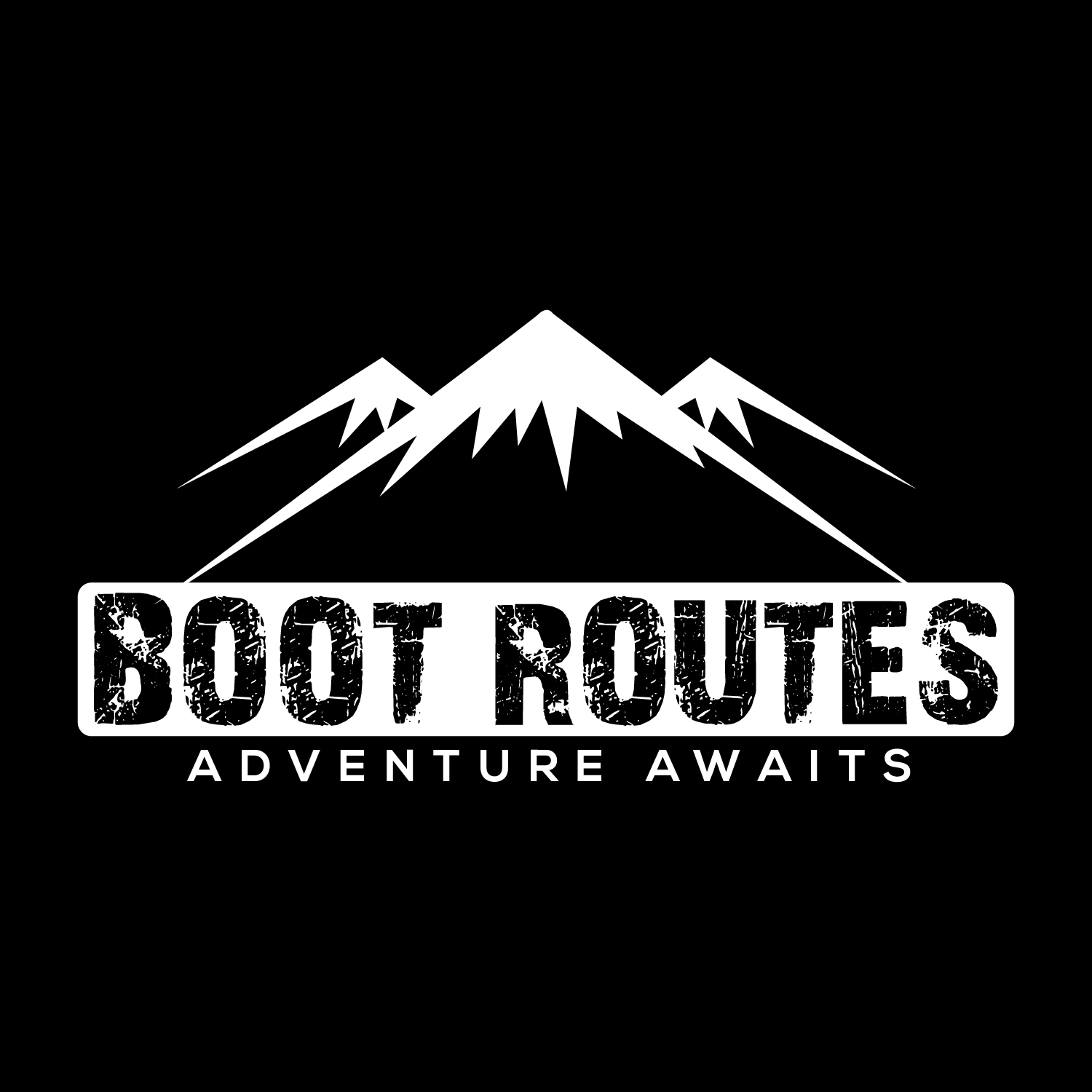Free educational Resources for All
/In an era dominated by urban landscapes and bustling city life, the charm of the countryside often takes a back seat in our collective consciousness. However, the Countryside Regeneration Trust (CRT) is on a mission to change that narrative. Through their commitment to preserving and revitalizing rural spaces, the CRT offers a valuable resource in the form of free educational videos. These videos not only showcase the beauty of the countryside but also provide insights into sustainable practices and community-driven initiatives.
The Countryside Regeneration Trust's free video resources are a beacon of inspiration for those seeking to reconnect with the rural landscape and contribute to its sustainable future. From breath taking visuals of the countryside to practical insights into sustainable living, these videos offer a holistic perspective on countryside regeneration. By making this knowledge freely available, CRT is not only preserving the charm of the countryside but also empowering individuals and communities to actively participate in its revitalization. Take a virtual stroll through the CRT's video collection and embark on a journey to rediscover the beauty and potential of the countryside.
These monthly free online videos are brilliant and a must for anyone with an interest in wildlife and conservation, and could also be helpful to anyone leading groups in the great outdoors. So far I’ve watched 2 now, Introduction to Wildlife Photography and Exploring the UK’s Native Reptiles. The videos are presented by guest speakers who are experts in their fields, I’ve found them to be extremely educational and inspiring, and I’m already booked onto the next two videos. Book now to secure your place, and I don’t think you’ll be disappointed.
The next videos in this series are:-
6th March at 7.00 pm - Wildflower meadows - restoring biodiversity
3rd April at 7.00 pm - The wonderful world of the Hazel Dormice
Another excellent provider for free online educational resources is Woodland Classroom who are giving away free a Kickstart your Tree ID skills, which will keep you busy for an evening or two. Sign up for this free mini course and you'll be identifying common trees with video tutorials and photo galleries at your fingertips. Start your journey to becoming a fully fledged Tree Expert today. The course includes Tree ID Cheat Sheets which you can download and take outdoors with you.
This course is one you can download and do in your own time Kickstart Your Tree ID Skills | Woodland Classroom (teachable.com)
Having already used the above 2 mentioned providers (CRT and Woodland Classroom) I am in a position, where I can highly recommend these two providers. However there are dozens of other providers for free online conservation and wildlife courses which can offer a range of benefits, but like any educational resource, they also come with potential drawbacks. Here's a look at the pros and cons:
Pros:
Accessibility: One of the primary advantages of free online courses is their accessibility. They break down geographical and financial barriers, allowing individuals from around the world to access quality education in conservation and wildlife topics.
Cost-Free Learning: As the name suggests, free online courses eliminate the financial burden associated with traditional education. This allows learners to acquire valuable knowledge without incurring tuition fees, making education more inclusive.
Flexible Schedule: Online courses often provide flexibility in terms of when and where you can study. This flexibility is especially beneficial for individuals with busy schedules, enabling them to balance learning with other commitments.
Diverse Course Offerings: Many platforms offer a wide range of courses, allowing learners to explore various aspects of conservation and wildlife. This diversity caters to different interests and expertise levels.
Self-Paced Learning: Free online courses often adopt a self-paced learning model, allowing individuals to progress through the material at their own speed. This is advantageous for those who prefer a more personalized learning experience.
Enhanced Technology: Online courses often leverage multimedia elements, including videos, simulations, and interactive quizzes, enhancing the learning experience and making complex topics more digestible.
Cons:
Limited Interactivity: Free online courses may lack the hands-on, interactive components found in traditional classroom settings. Practical field experience, which is crucial in conservation and wildlife studies, may be challenging to replicate online.
Quality Variability: The quality of free online courses can vary significantly. Some may be well-designed and presented by reputable institutions or experts, while others may lack accuracy and depth. Learners need to carefully vet the courses and platforms they choose.
Certification Credibility: While some free courses offer certificates upon completion, the credibility of these certificates may not match that of degrees or certifications from established institutions. Employers may scrutinize the source and recognition of these certificates.
Limited Networking Opportunities: Online courses may not provide the same networking opportunities as traditional programs. Building connections with peers and experts in the field is often a crucial aspect of professional development, and online courses may have limitations in this regard.
Technical Challenges: Online learning requires a reliable internet connection and access to suitable technology. Technical issues or lack of familiarity with online platforms can pose challenges for some learners.
Less Personalized Support: Free online courses may not offer the same level of personalized support as traditional programs. While some platforms provide forums or discussion boards, the one-on-one interaction with instructors can be limited.
In conclusion, free online conservation and wildlife courses can be valuable resources, especially for self-motivated learners seeking to expand their knowledge. However, individuals should weigh the pros and cons, considering their learning preferences, career goals, and the specific offerings of the courses and platforms they choose.

